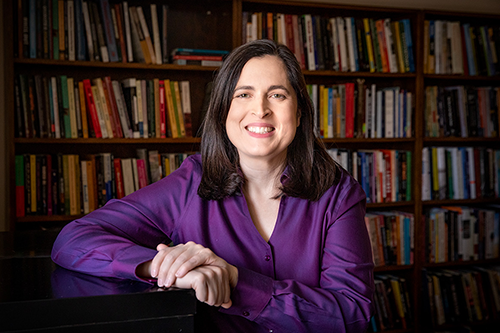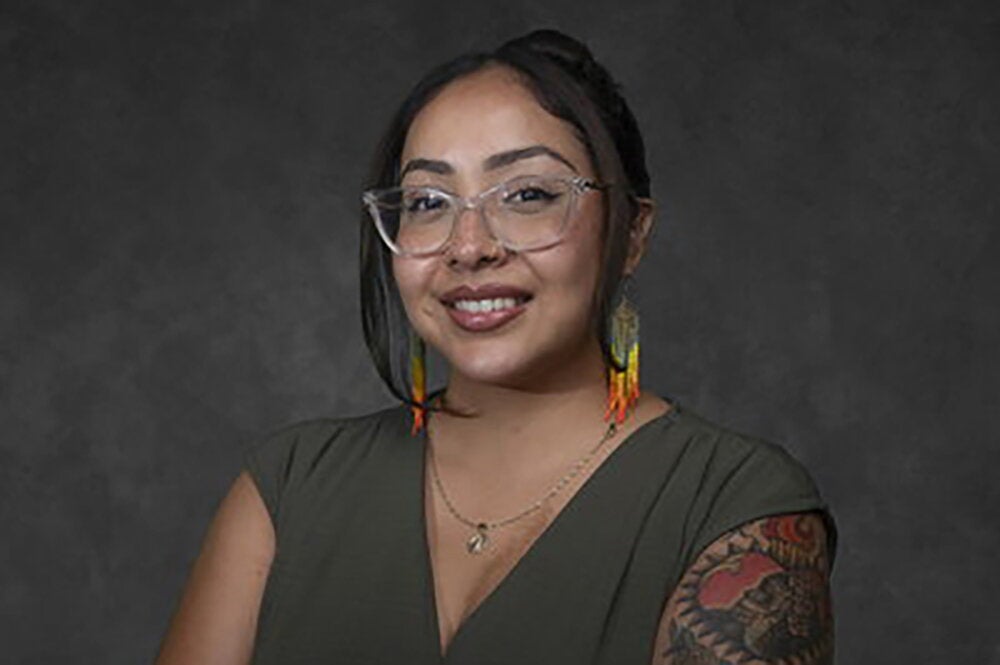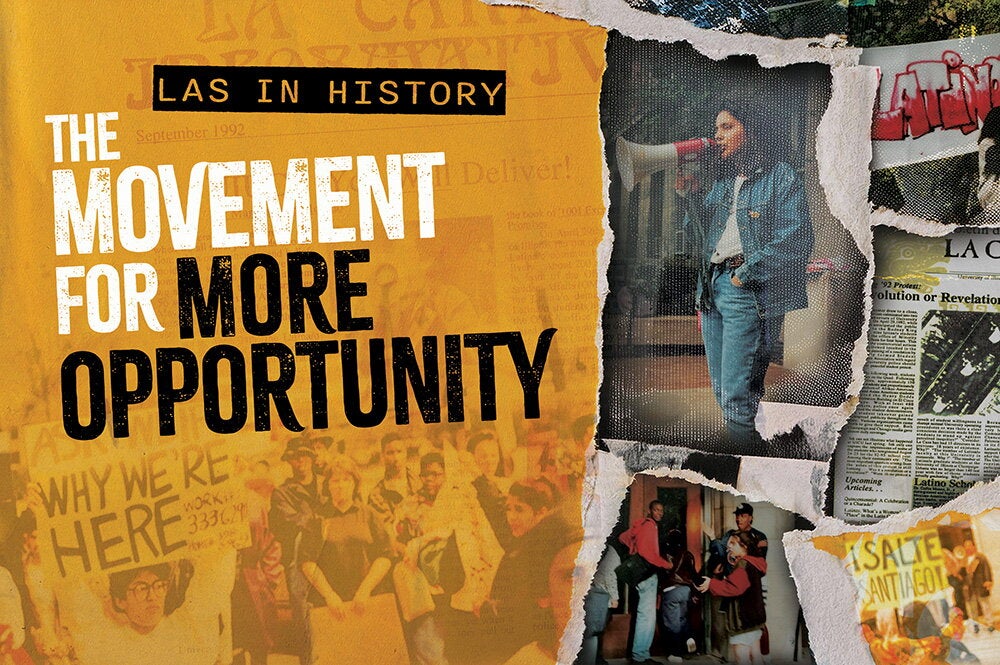

The U.S. Census has gone through many trials since it counted 3.9 million people in 1790, but the upcoming 2020 Census may be one of the most difficult in a long time. With trust in government at a historic low, according to the Pew Research Center—and not to mention a growing U.S. population estimated at almost 330 million people—counting residents this year may be particularly challenging.
Julie Dowling, professor in the Department of Latina/Latino Studies, is working to help make sure populations that are at risk of being undercounted in the census, such as racial minorities, non-English speakers, and immigrants, get counted in 2020.
Dowling was recently named chair of the U.S. Census Bureau’s National Advisory Committee on Racial, Ethnic and Other Populations. The committee provides recommendations on how best to conduct the roughly $1 trillion task of counting everyone in the U.S. and its territories.
Dowling is in her sixth year on the committee. She served as vice chair last year before being appointed chair this year.
"I’m happy to be in the seat, to be able to be there and be able to help see this census through and do what I can to try to advocate for vulnerable communities,” Dowling said.
The census is an attempt to count the population of the U.S. every 10 years, and census data is used for many important decisions, such as determining which states gain or lose U.S. congressional seats and determining the allotments for federal funding for programs such as food stamps and Medicaid.
Dowling advises the Census Bureau in outreach to hard-to-count populations. She said that people need to be educated about why filling out the census is important, and they need to be assured that the Census Bureau is prohibited from sharing census results with any other federal agencies.
Dowling’s research as a professor focuses on Latino racial identity, and her book, “Mexican Americans and the Question of Race,” explores the divide between federal definitions of race on the census and how Mexican Americans identify.
Dowling is of Mexican and Irish heritage, and she has faced questions about her race all her life. Her background sparked her interest in racial identity, a topic she began researching as an undergraduate and has continued researching throughout her career. It eventually became the subject of her book.
Regarding her work on the subcommittee, Dowling said: “I've been able to bring in my expertise about sociology, counting, Mexican Americans, identity and race, but I've also been able to learn all this stuff from their (the other members’) expertise as they advocate for their groups and issues,” Dowling said.
The committee meets in person two to three times a year and also holds conference calls. The committee is made up of academics as well as members from advocacy organizations who represent diverse segments of the population.
"It's a tremendous opportunity to take my research outside of the academy and put it into the world in a way that affects policy and change," she said.
The reference day for the 2020 U.S. Census is April 1. It will be the 24th National Census Day.


